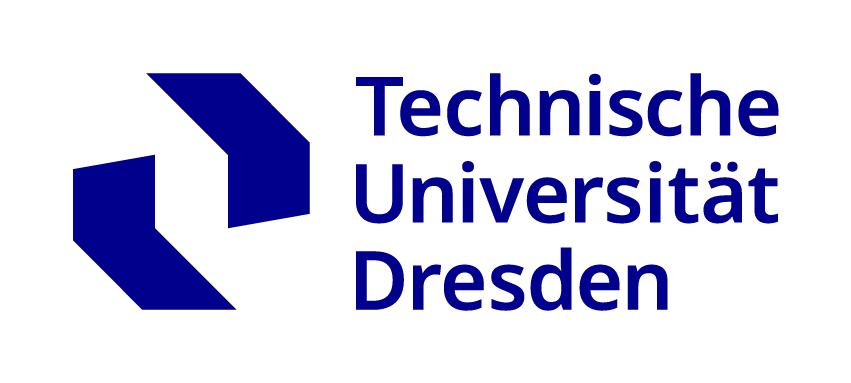Vodafone Stiftungsprofessur Mobile Nachrichtensysteme
übergeordnete Einrichtungen:Technische Universität Dresden (TUD)
Kontakt
| Web: | http://wwwmns.ifn.et.tu-dresden.de/ | |
| E-Mail: | ||
| Telefon: | +49 351 463-41010 | |
| Fax: | +49 351 463-41099 | |
| Postanschrift: | Technische Universität Dresden (TUD), Vodafone Stiftungsprofessur Mobile Nachrichtensysteme, 01062 Dresden, Germany | |
| Besucheradresse: | Technische Universität Dresden (TUD), Vodafone Stiftungsprofessur Mobile Nachrichtensysteme, Chemnitzer Str. 50 (Falkenbrunnen, 2nd floor, Room 246), 01187 Dresden, Germany | |
| Partner: | Technische Universität Dresden | |
Beschreibung
Objective
The objective of the Vodafone Chair Mobile Communications Systems at the TU Dresden is to carry out leading-edge research which adds to the advancement of wireless communications technology, by working on industry relevant problems related to next generation wireless systems. Thorough fundamental research as well as close industry cooperation are key to the success of our projects. Wireless/mobile communications is mainly driven by three branches of industry, namely
- network operators,
- equipment manufacturers and
- semiconductor manufacturers
with each branch having a different view on problems and solutions. It is highly important that each of these different viewpoints is addressed in the research work, to ensure that the results have practical relevance and significance. The Vodafone Chair therefore welcomes industry contacts and partnerships to help meet this objective.
The chair's current focus lies on physical layer research, with a special emphasis on wireless radio network problems (wireless networks capacity), wireless modems (baseband algorithms), RF imperfections ("Dirty RF"), and IC implementation architectures. Of particular interest are problems and solutions which are found in a tradeoff between these focus areas. Chair projects shall also enable researchers to start-up their own company after obtaining their degree, based on the work performed at the chair.
Approach
The goal of research lies in providing solutions for challenges in the design of next generation mobile communications systems. By carrying out high-end research on physical layer systems as well as hardware architectures, the chair closes the gap between baseband algorithms and hardware (RF and IC) implementation issues. Advanced software engineering tools together with highly-developed methodologies are enabling capabilities to realize integrated solutions for our partners.
The topics addressed by the system level group range from network deployment, sectorization and power control, to strategies for efficient coordinated multi-point (CoMP) communication and scheduling. New concepts and algorithms developed in this group will improve spectrum and energy efficiency as well as network capacities for radio transmission.
The algorithms and coding group specializes in study of the impairments of RF-hardware and the corresponding baseband compensation algorithms, as well as novel error correcting coding techniques.
The hardware and tools group focuses on architectures for modem signal processing. Ongoing research comprises heterogeneous multi-processor SoCs, including programming paradigms, load distribution strategies, system interconnect and programmable system components. In addition to this, the design methodology and tool framework dedicated to design, implementation and exploration of low-power, flexible, high-performance SoCs is developed.
Research
Our research projects cover almost every aspect of wireless communications and as we strive to overcome the limitations of today’s algorithms and hardware, our members are actively involved in the design of next generation mobile communications systems. The past 16 years of experience have brought us efficient structures and powerful methodologies. In particular by researching physical layer systems in conjunction with hardware architectures, the Vodafone Chair is able to close the gap between baseband algorithms and hardware (RF and IC) implementation issues.
Zugehörigkeit
übergeordnete Einrichtungen
| Name | Typ | Aktionen |
|---|---|---|
| Institut für Nachrichtentechnik (IfN) | Institut |
Letztes Update
Letztes Update am: 25.01.2017 08:48

